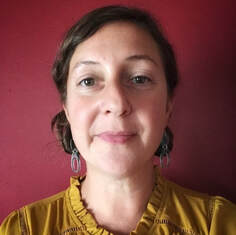
Maya is the Senior Market Campaigner at Defend Our Health. Defend has just released a research report called Hidden Hazards: The Chemical Footprint of a Plastic Bottle: How the Beverage Industry's Addiction to Plastic Bottles May Prolong the Climate Crisis, threaten Human Health and Promote Environmental Racism.
Maya discusses strategies for leveraging power to influence soda companies to demand cleaner plastic from the bottle producers. She also shares stories of impacted people living in communities on the fence lines of plastics manufacturing plants, suffering ill health.
One resource consumers can use to check the safety of everyday products is through Green Screen Certification.
Play audio, below:
| wmw_039_maya_rommwatt_podcast_052923.mp3 |
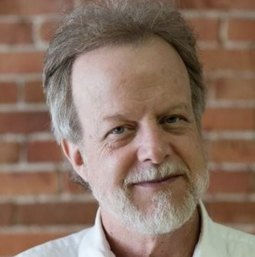
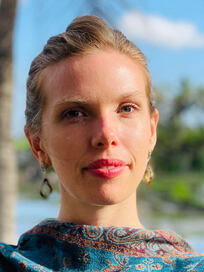
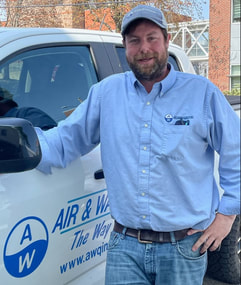
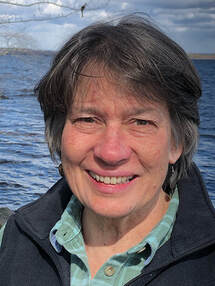
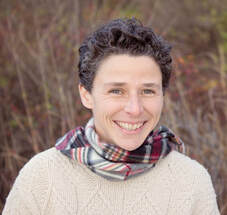
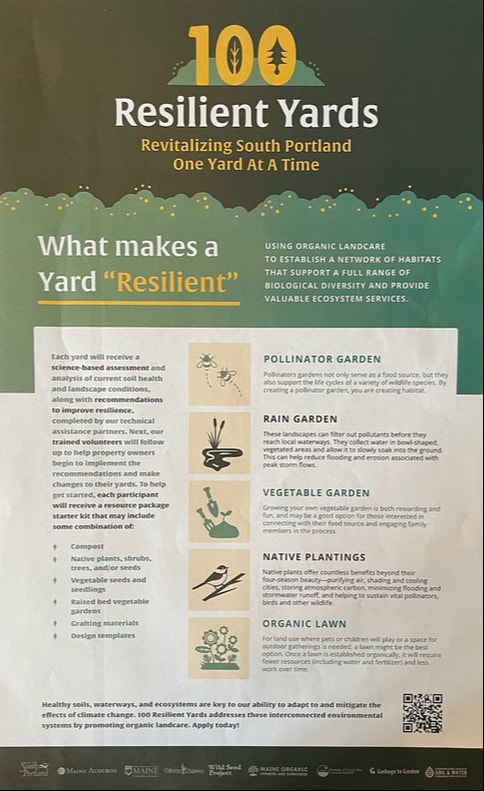
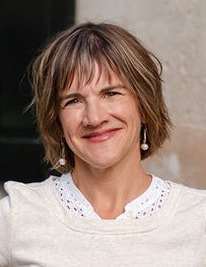
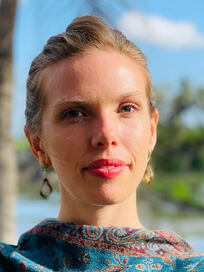
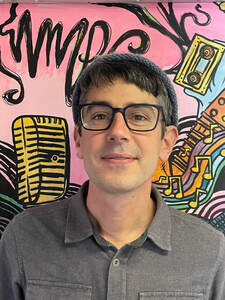
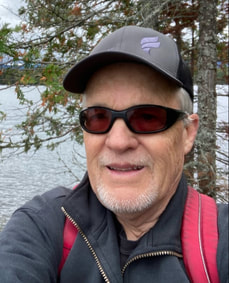
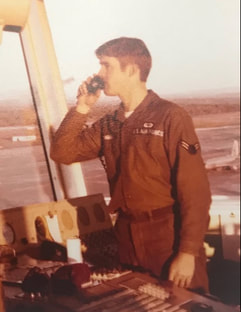
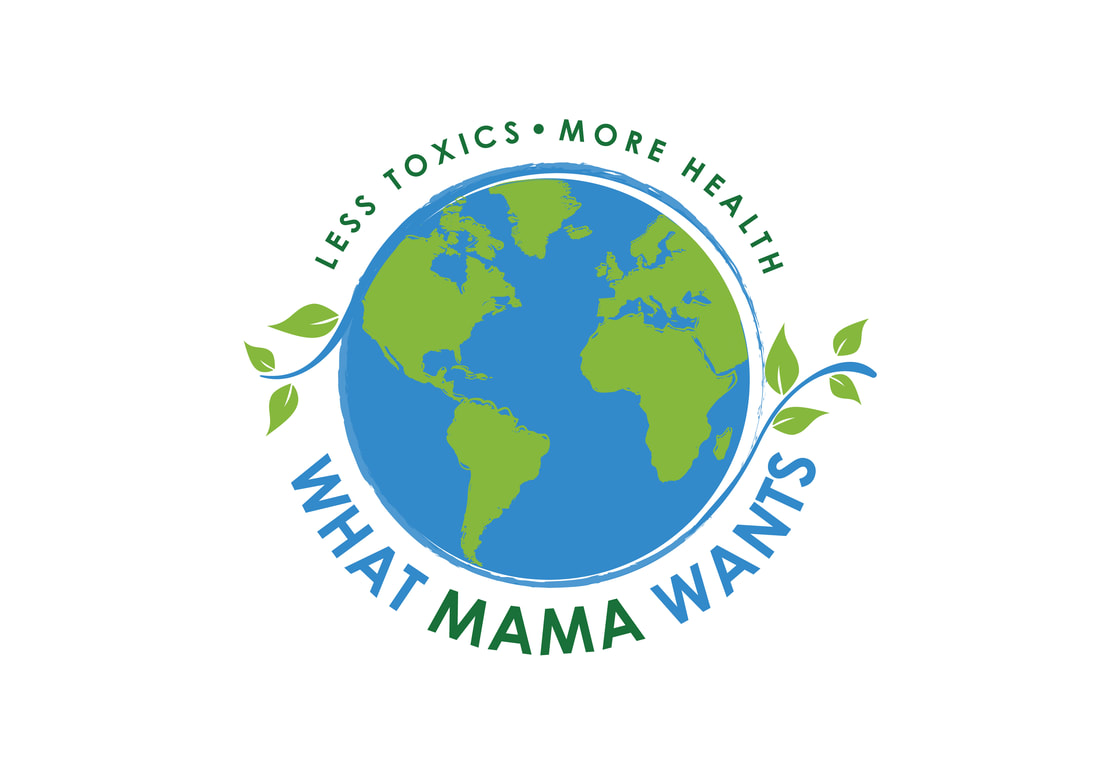
 RSS Feed
RSS Feed